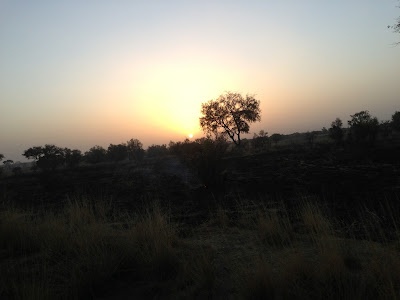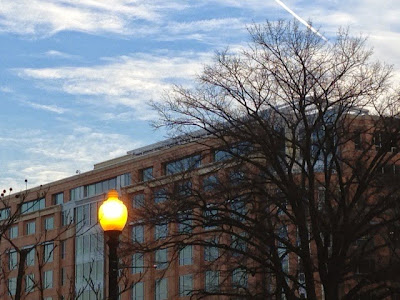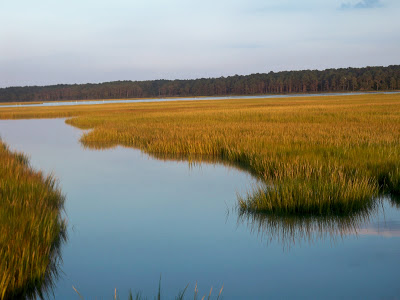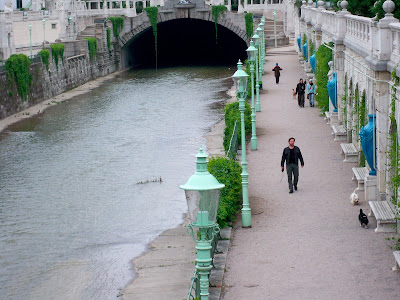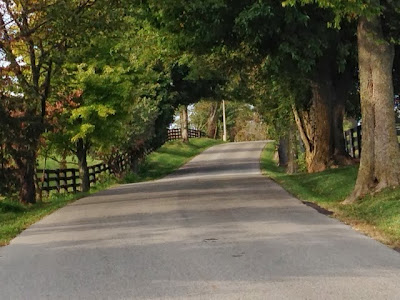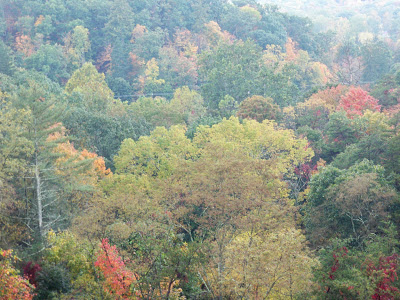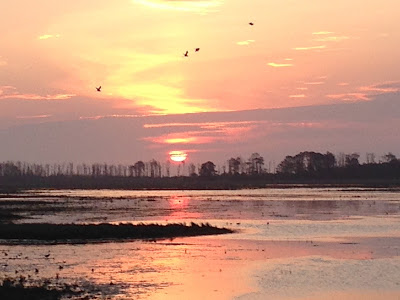The Righteous Mind
In The Righteous Mind: Why Good People are Divided by Politics and Religion, Jonathan Haidt uses moral psychology to explain political polarization. One of his major points is that when we make decisions we may think conscious reasoning is in charge, but actually it’s just a puny human rider sitting atop a large, strong elephant (the automatic and intuitive part of our brains). The elephant almost always wins.
What does this have to do with politics? Actually it has to do with everything, but Haidt applies it to politics in this book by pointing out that we’re often unaware of the motivations that underlie our political choices and the narratives that bind us.
Published in 2012, this book long precedes the current political paralysis — but as I read it I had many aha moments. More than Hillbilly Elegy or any newspaper or magazine article, it explains how we ended up with the current resident of 1600 Pennsylvania Avenue.
It’s difficult to summarize the nuances of Haidt’s argument in one post, but here’s one of the passages I found most useful. “If you are trying to change an organization or a society and you do not consider the effects of your changes on moral capital, you’re asking for trouble. This, I believe, is the fundamental blind spot of the left. It explains why liberal reforms so often backfire … It is the reason I belive that liberalism — which as done to much to bring about freedom and equal opportunity — is not sufficient as a governing philosophy. It tends to overreach, change too many things too quickl, and reduce the stodk of moral capital inadvertently.”
What to do now? Most of all, try to understand ourselves and each other. And, of course, read. On my nightstand now: The Happiness Hypothesis, Haidt’s first book.

